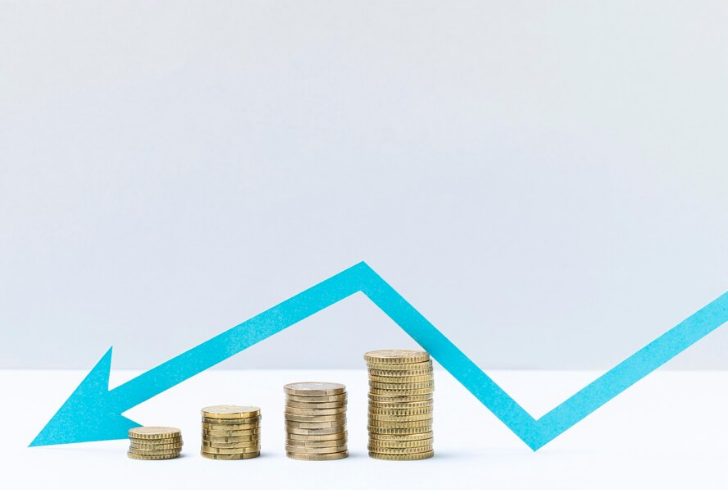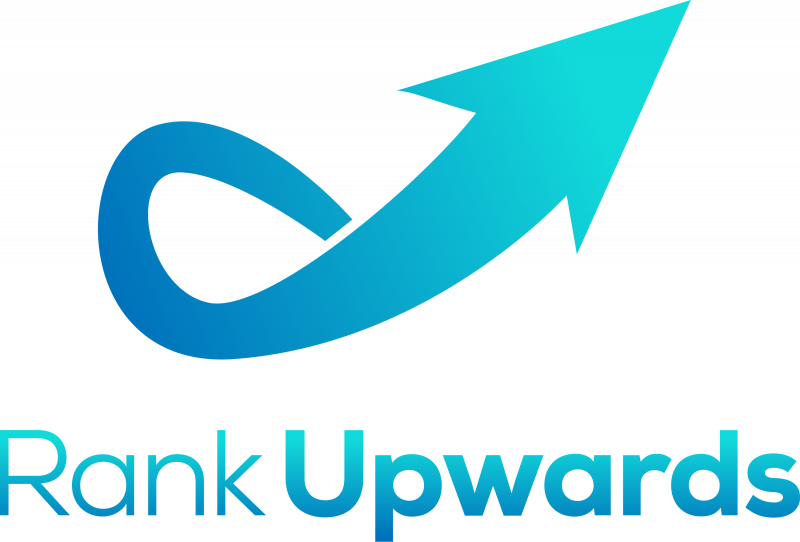Imagine a bustling Main Street, the lifeblood of a community. Cafes hum with the conversation, the bakery fills the air with the aroma of fresh bread, and customers browse unique wares in local shops. This is the American dream in action, fueled by the tireless efforts of countless small business owners. But what happens when a dark cloud rolls in, threatening this vibrant scene?
A government shutdown, a seemingly political event far removed from these local businesses, can wreak havoc on the very foundation of the American economy – its small businesses.
Just like a family dinner interrupted by a heated argument, a government shutdown disrupts the smooth flow of commerce. Businesses that rely on government contracts face immediate cash flow problems. Contractors who were expecting payments for completed projects are left in limbo, with bills piling up and employees’ salaries hanging in the balance.
Imagine the owner of a local construction company who had just hired additional workers to meet a government deadline. With the project stalled due to the shutdown, this entrepreneur is now faced with the agonizing decision of laying off those same workers, jeopardizing their livelihoods and impacting the local economy.
Effect of a Government Shutdown on Small Businesses
The impact of a government shutdown goes far beyond delayed payments. Here's a closer look at the domino effect that throws a wrench into the well-oiled machinery of small businesses:
A "Loanly" Landscape

Freepik | Existing loans become pricier due to rising interest rates amidst heightened risk.
Credit rating agencies view the U.S. government as a rock-solid borrower, reflected in the coveted AAA rating. However, a shutdown throws a wrench into this perception. The potential for a debt default looms large, causing a ripple effect through the financial system.
Banks and lenders become wary, tightening their belts and making it harder for small businesses to secure loans. Even existing loans become more expensive, with interest rates rising as lenders factor in the increased risk. This financial squeeze can stifle growth plans, forcing businesses to put expansion and hiring on hold.
Credit Card Conundrum
Many small business owners, especially those in the early stages, rely on personal credit cards to bridge financial gaps. However, during a shutdown, as credit markets tighten and interest rates rise, even these lifelines become more expensive. This double whammy – pricier loans and credit cards – can significantly limit a small business owner's ability to manage day-to-day operations and invest in the future.
Market Mayhem

Freepik | tonodiaz | A government shutdown directly affects small business owners, both personally and professionally.
A government shutdown is a recipe for market instability. The specter of a debt default sends shockwaves through Wall Street, leading to a potential plunge in stock prices. This financial turmoil directly impacts small business owners, both personally and professionally. Retirement savings dwindle, consumer confidence takes a hit, and investment opportunities dry up.
Imagine a local bookstore owner who was planning to expand her inventory based on a projected increase in customer spending. With the stock market downturn, consumer spending becomes more cautious, forcing her to reevaluate her plans.
Cash Flow Calamity
The government shutdown isn't just a political tug-of-war; it's a payroll nightmare. With federal agencies closed, many government employees are furloughed, meaning they're not getting paid.
This translates to a significant drop in disposable income for a large segment of the population. The local coffee shop owner who relies on morning business from government workers suddenly sees a drop in customers, impacting his daily sales and creating a cash flow crunch.
Payment Purgatory

Freepik | The shutdown disrupts vital government payments, affecting Social Security checks and program grants.
The shutdown disrupts the flow of essential government payments, impacting everything from Social Security checks to grants for vital programs. This throws a wrench into the spending habits of countless Americans, many of whom are customers of small businesses.
Imagine the owner of a local daycare center who relies on on-time government subsidies to keep costs low for families. With those subsidies delayed, parents may struggle to afford childcare, potentially forcing them to keep their children home, impacting the daycare's revenue stream.
The consequences of a government shutdown are far-reaching, leaving a trail of financial uncertainty and hardship for America's small businesses. In the vibrant tapestry of Main Street, a shutdown disrupts the delicate balance, jeopardizing the very businesses that fuel local economies and create jobs. By understanding the domino effect of a shutdown, we can work towards solutions that prioritize stability and growth for the backbone of the American economy – its small businesses.
